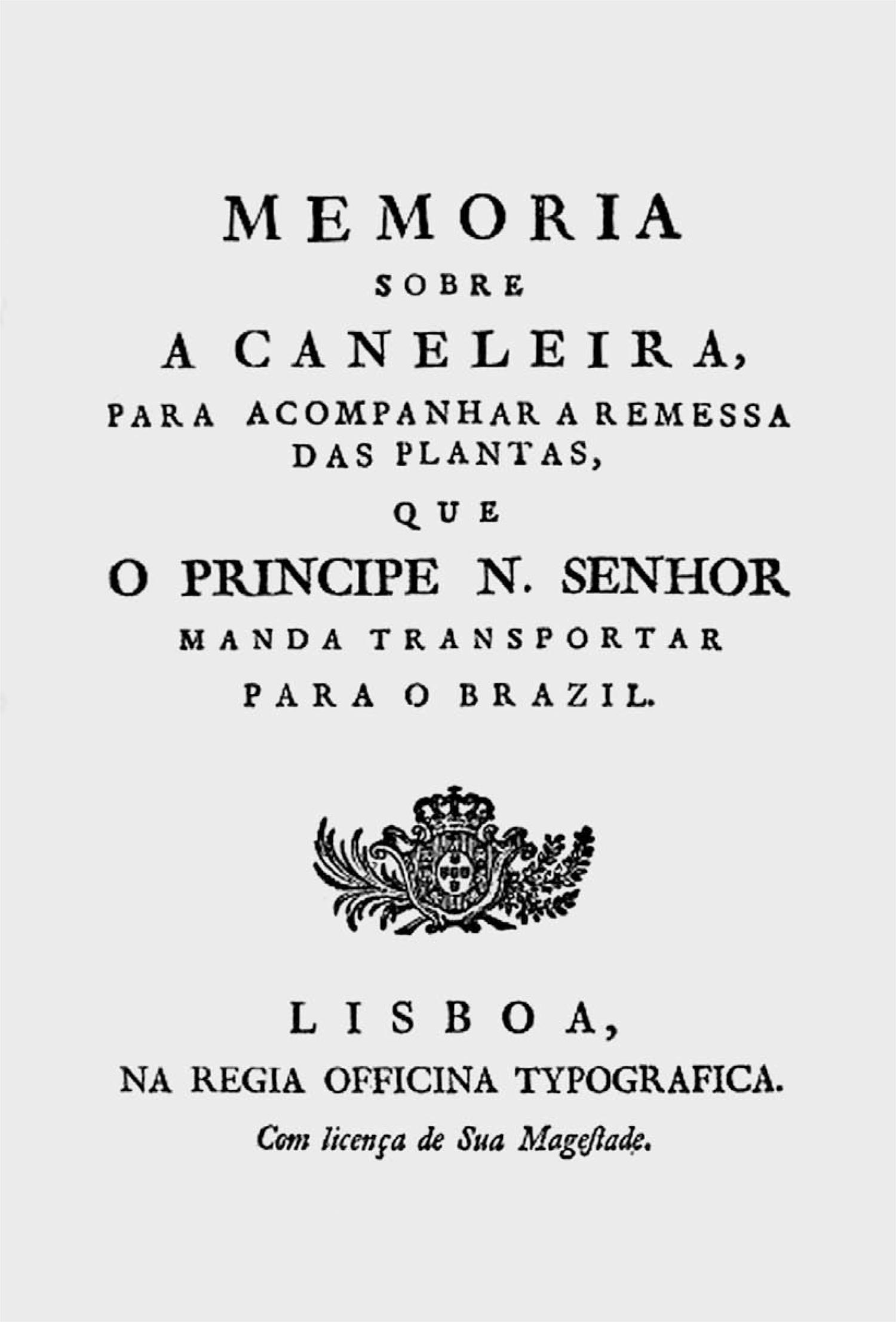Abstract
As Portugal lost most of its conquests to the Dutch, Portuguese East Asia was reduced to the remaining trading posts (feitorias) and Brazil became the center of attention for colonial policies. Consequently, during the eighteenth century the Portuguese crown did not express greater interest in developing native Eastern knowledge of nature. These interests were tied to goals involving reconfiguration of the economy of the Brazilian colonies. The idea to cultivate economically important Eastern species such as pepper, nutmeg, cinnamon, cloves, teak, and sandalwood in Brazil took shape, but was not immediately successful. This article examines this attempt to extend Portugal's scientific network to the East, as well as the process of transplanting these species.
Keywords:
Portuguese Colonial Empire; philosophical voyages; Manuel Galvão da Silva (1750-?); Francisco Luis de Meneses (?-1804); acclimation

 (Fonte:
(Fonte:  (Fonte:
(Fonte: